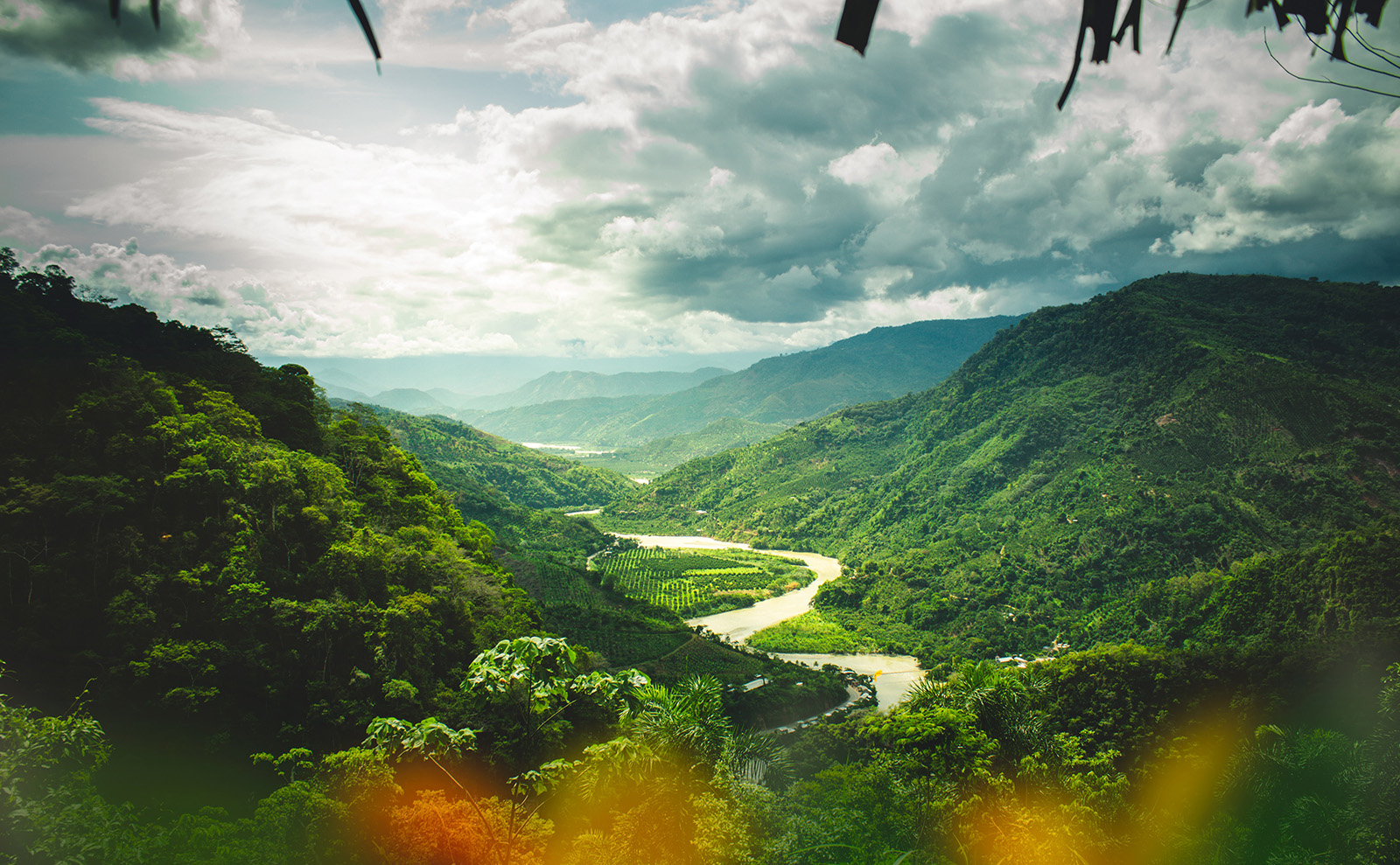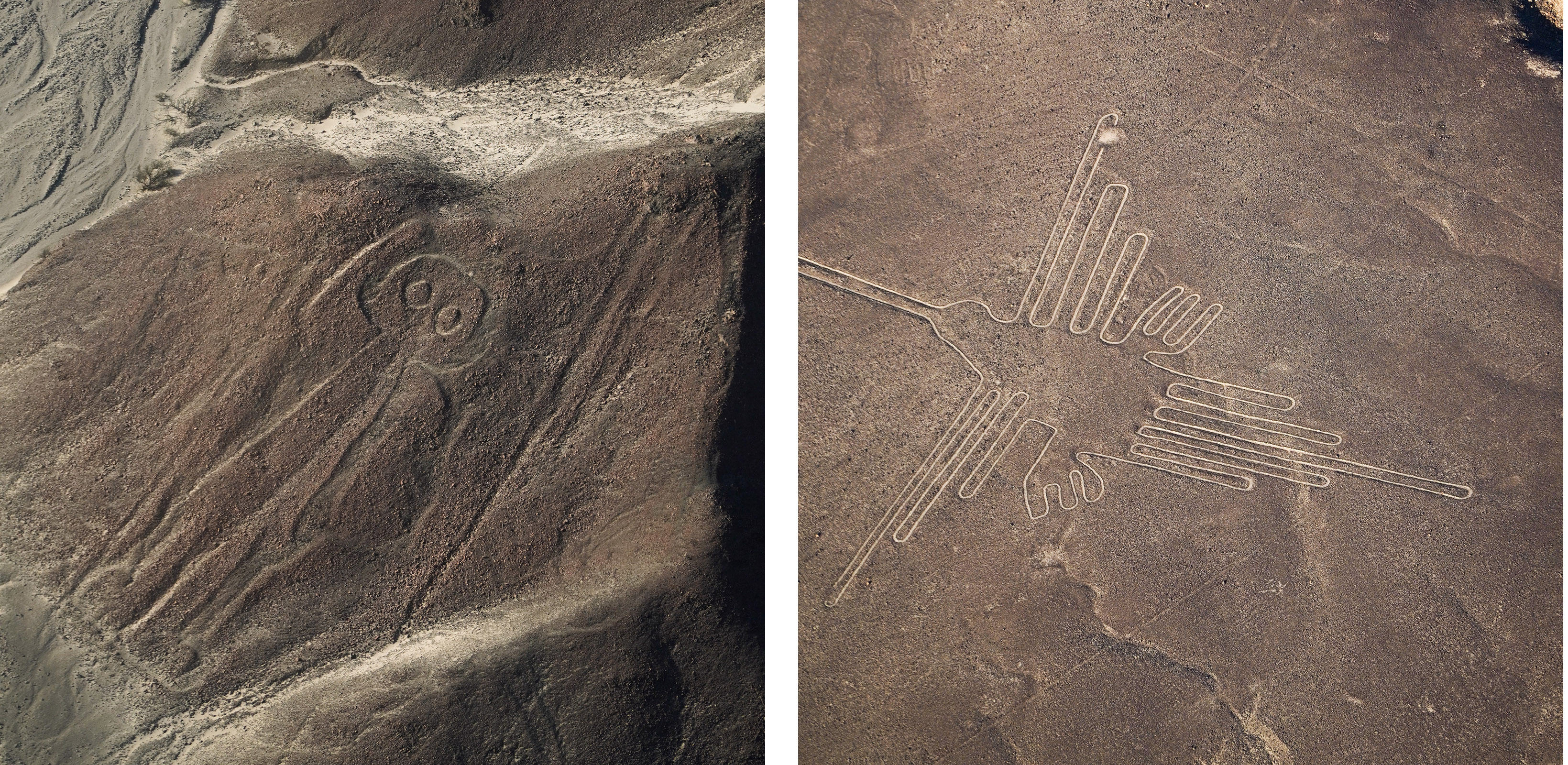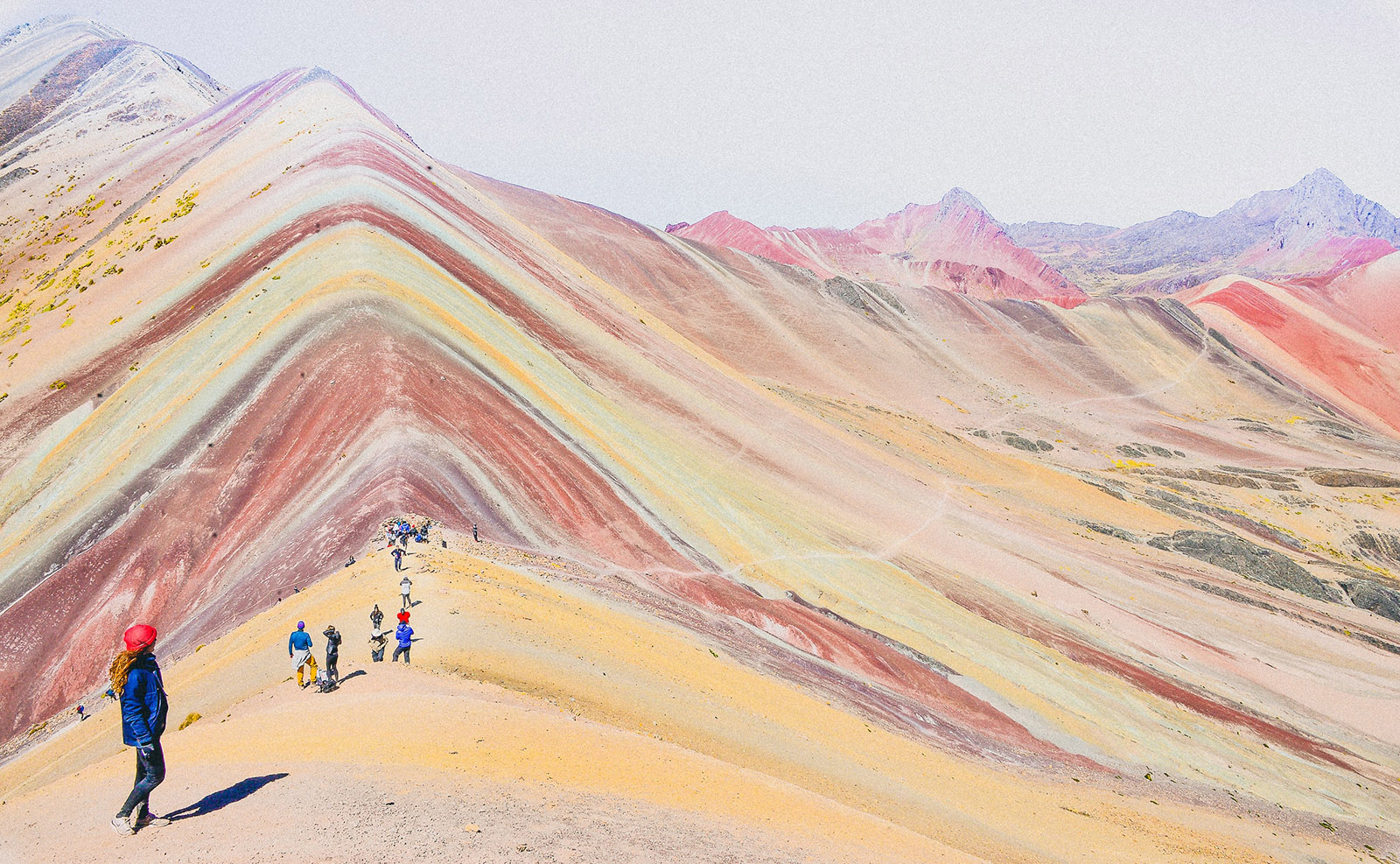
Armchair travel around the world!
Start your reading adventures with our FREE Reading Atlas.

- Around the World in 14 Books
- 7 Thrilling Book Series
- 6 Audiobooks That Are Like Theater For Your Ears



Peru is South America’s geographical triple-threat with beach-front desert on the Pacific coast, the Andes mountains (the second-highest range in the world), and dense Amazon rainforest. It’s also astonishingly beautiful with craggy peaks, lush greenery, lakes the color of aquamarines and sapphires, and so many very (very, very) cute llamas and alpacas.
The history and politics of Peru are as challenging as its rugged terrain. About 500 years ago, the Incas ruled a vast empire. But during a 36-year war, a group of just 168 conquistadors — lead by Francisco Pizarro — brought the Inca empire of about 10 million people to an end. Peru became a Spanish colony and, much later, finally won its independence, only to be bedeviled by presidents, coups, dictatorships, and internal terrorist attacks.
All of that aside, modern Peru is a mystical wonderland for travelers. There’s the aerie of Machu Picchu and the wonder of the Nazca Lines carved in the desert, plus night-time jungle excursions and tours on rope bridges amid the treetops of the Amazon. There’s also stunning architecture in the cosmopolitan cities of Lima, Cuzco, and Arequipa, where you can visit museums by day, then dine of world-class cuisine and sip pisco sours by night.
In this episode, we explore the history and culture of the country that naturalist Alexander von Humboldt called ‘a beggar, sitting on a bench of gold.’ And we recommend six books that capture the Peruvian magic: two memoirs that illuminate Peru’s enchanted landscapes, two cookbooks that explore the culture and fusion cuisine, a detailed account of Incas vs. conquistadors, and a gorgeous novel of friendship and adventure.
Read the full transcript of Episode 20: Peru.



Chasquis: Chasqui is a Quechua word that means ‘mail’ or ‘person of relay.’ The chasqui was a young runner, considered the personal messenger of the Inca, that carried a message or message in the postal system throughout the empire. Read more about the chasquis.
Quipu: A quipu, or knot-record, was a method used by the Incas and other ancient Andean cultures to keep records and communicate information. It’s amazing. Ancient History Encyclopedia has a pretty good overview, and this video is great:
Poop coffee: As David explained, coffee passed through the intestinal tract of an animal is all the rage. Here’s an NPR story about the worlds’ most expensive, which passes through an elephant. And here’s the story on the coffee from Peru that passes through the raccoon-like coati.
Interview with Mark Adams: The author of our recommended book Turn Right at Machu Picchu gives his expert advice on visiting Machu Picchu. Also, there are 47 photos, so definitely click through. (And here’s the Men’s Journal list of 50 greatest adventure books.
Martin Morales: Martin Morales is the author of our recommended cookbook Ceviche. In this video, he takes us to his homeland of Peru to talk about Peruvian food.

Subscribe to our podcast so you never miss a must-read book or thrilling destination!
If we're not available on your favorite podcast-listening platform, send us an email!
Top image courtesy of Hans Luiggi.
Want to keep up with our book-related adventures? Sign up for our newsletter!
Can you help us? If you like this article, share it your friends!
Strong Sense of Place is a website and podcast dedicated to literary travel and books we love. Reading good books increases empathy. Empathy is good for all of us and the amazing world we inhabit.
Strong Sense of Place is a listener-supported podcast. If you like the work we do, you can help make it happen by joining our Patreon! That'll unlock bonus content for you, too — including Mel's secret book reviews and Dave's behind-the-scenes notes for the latest Two Truths and a Lie.
Join our Substack to get our FREE newsletter with podcast updates and behind-the-scenes info — and join in fun chats about books and travel with other lovely readers.

We'll share enough detail to help you decide if a book is for you, but we'll never ruin plot twists or give away the ending.